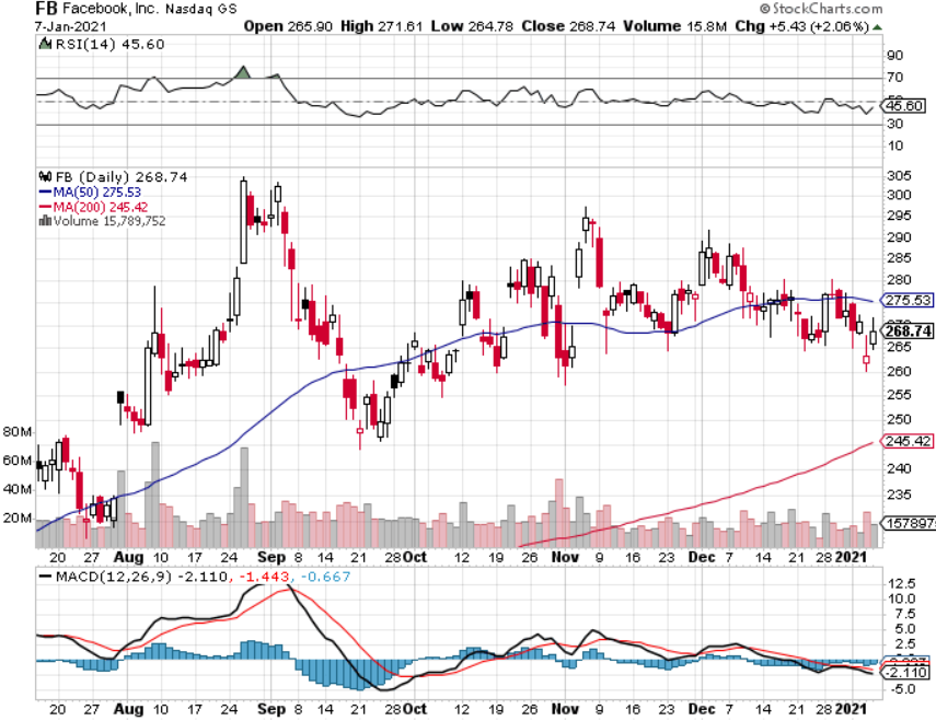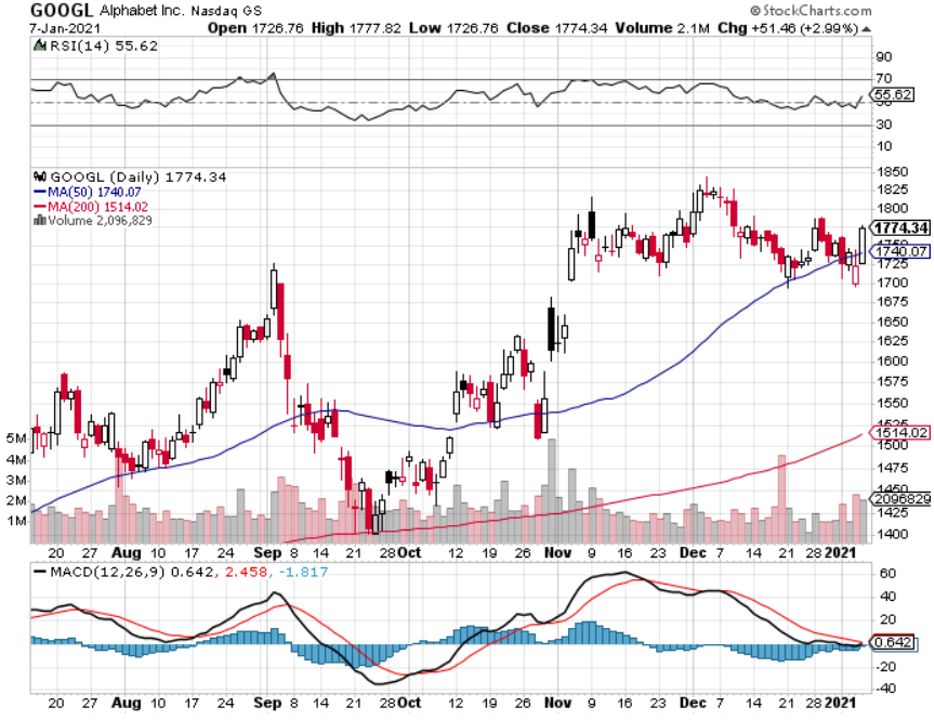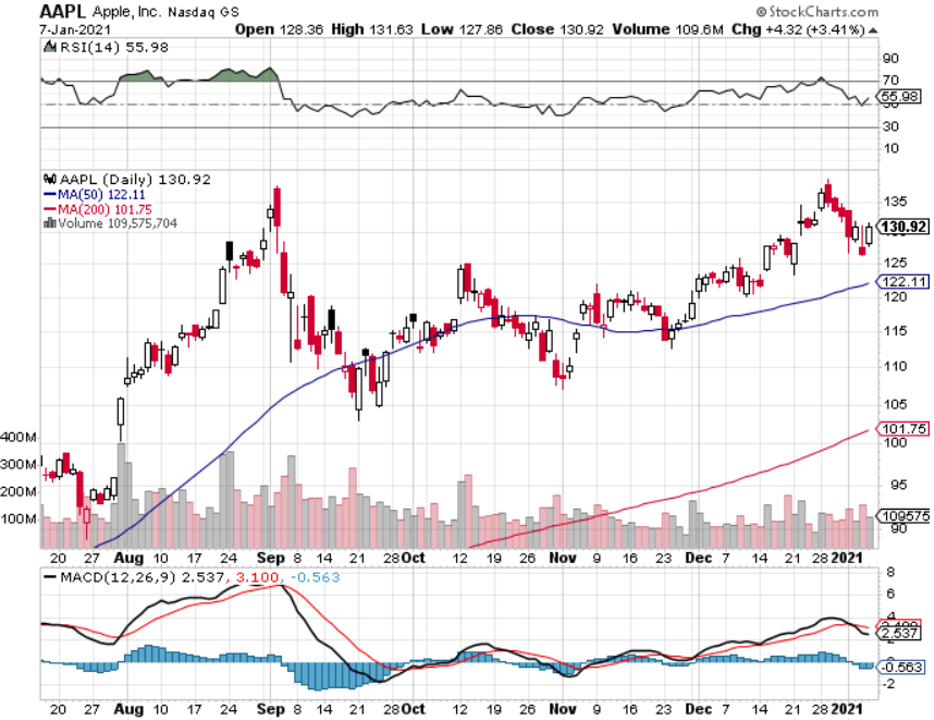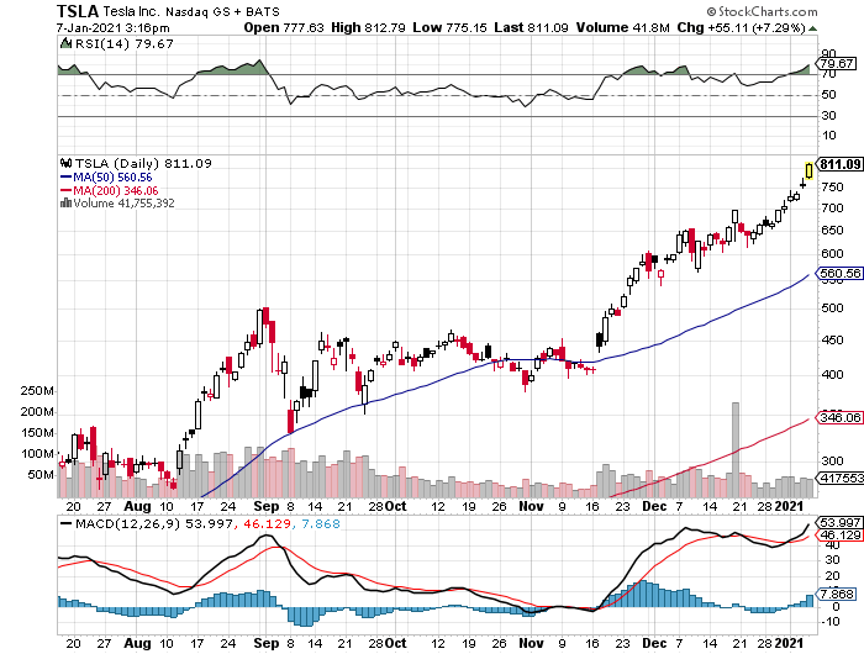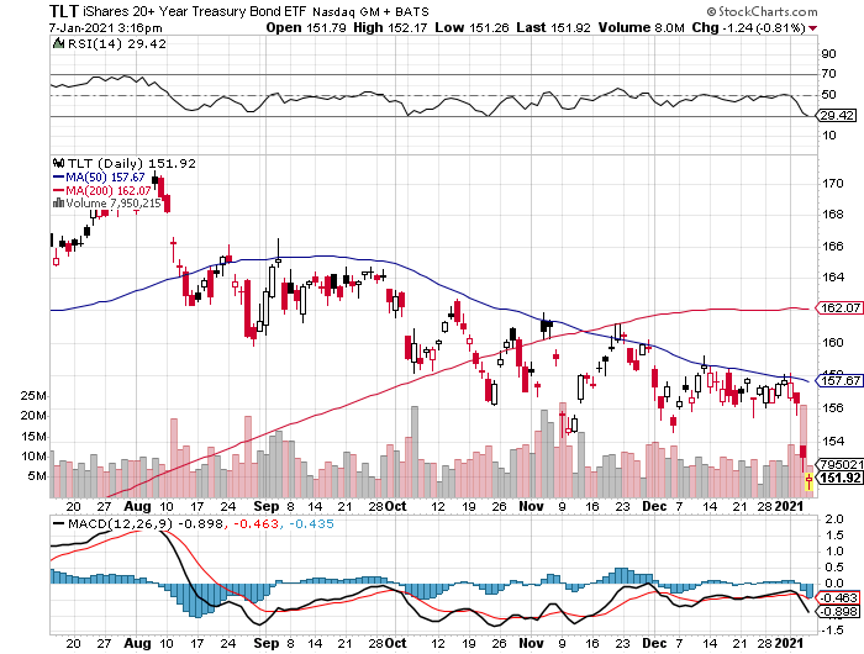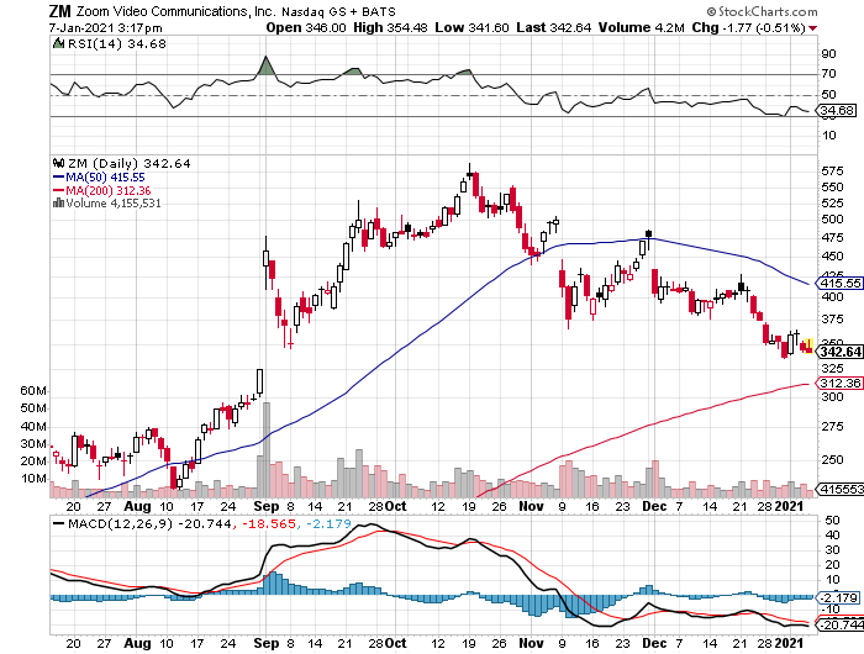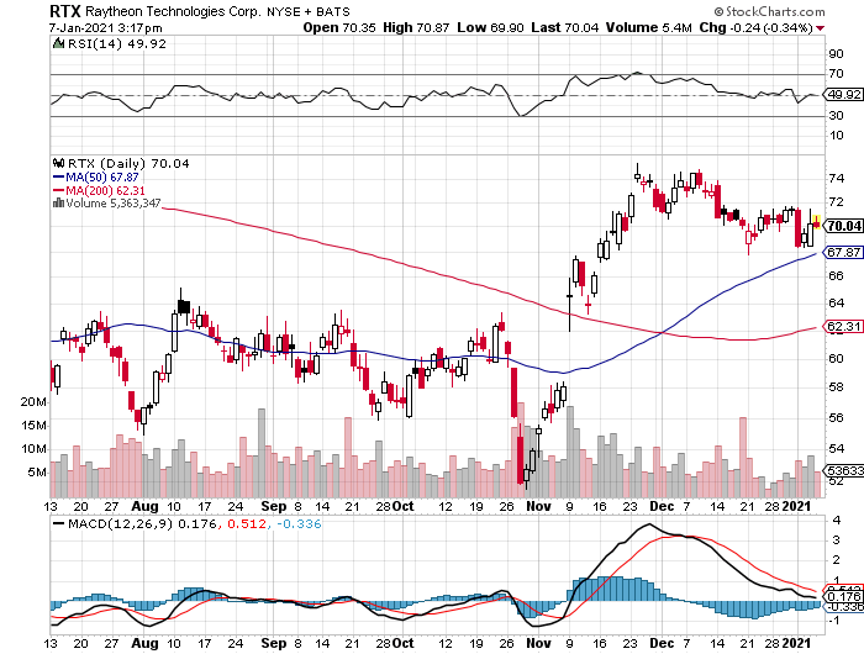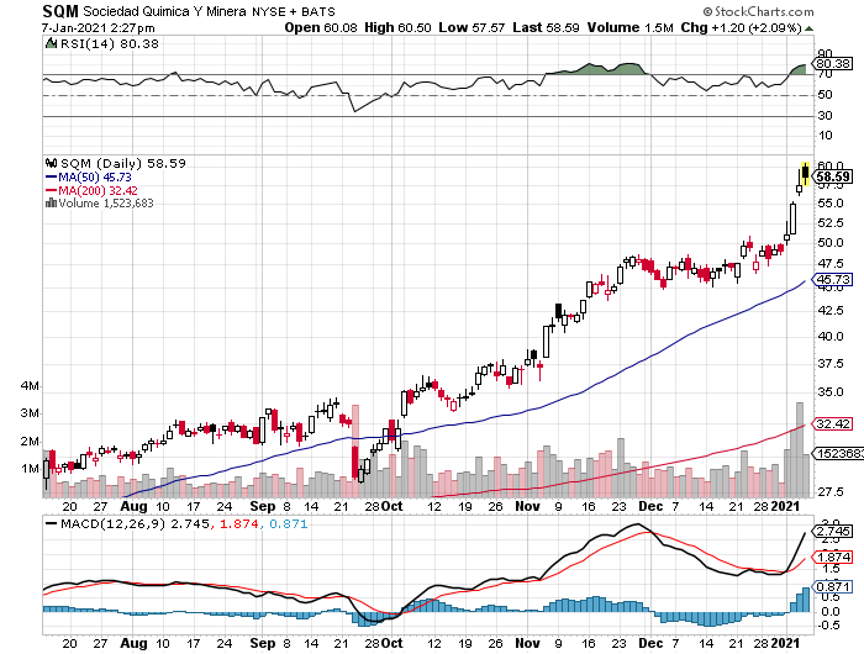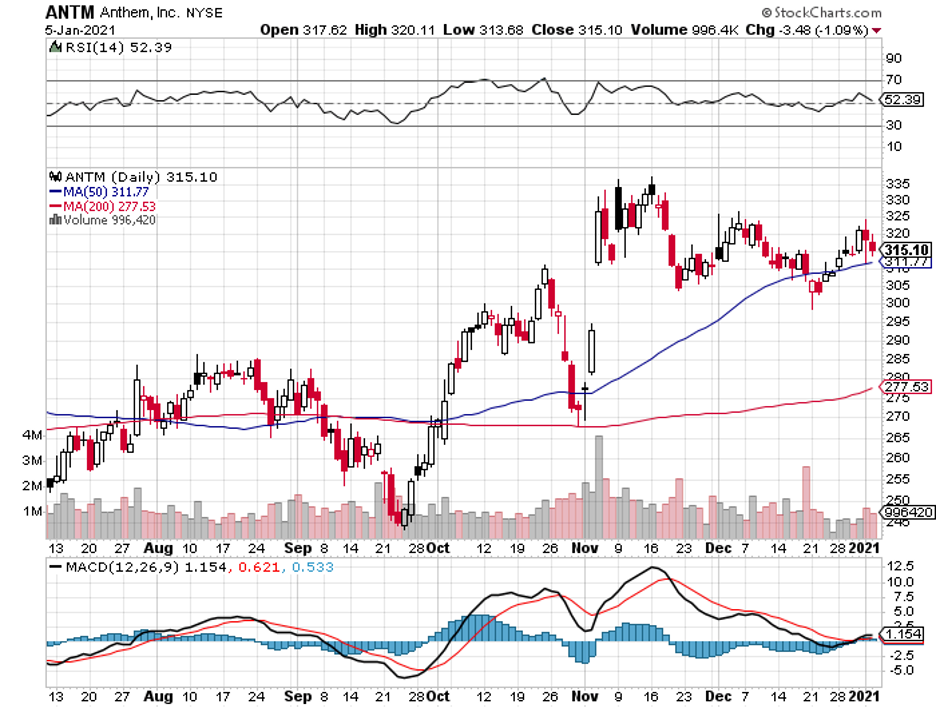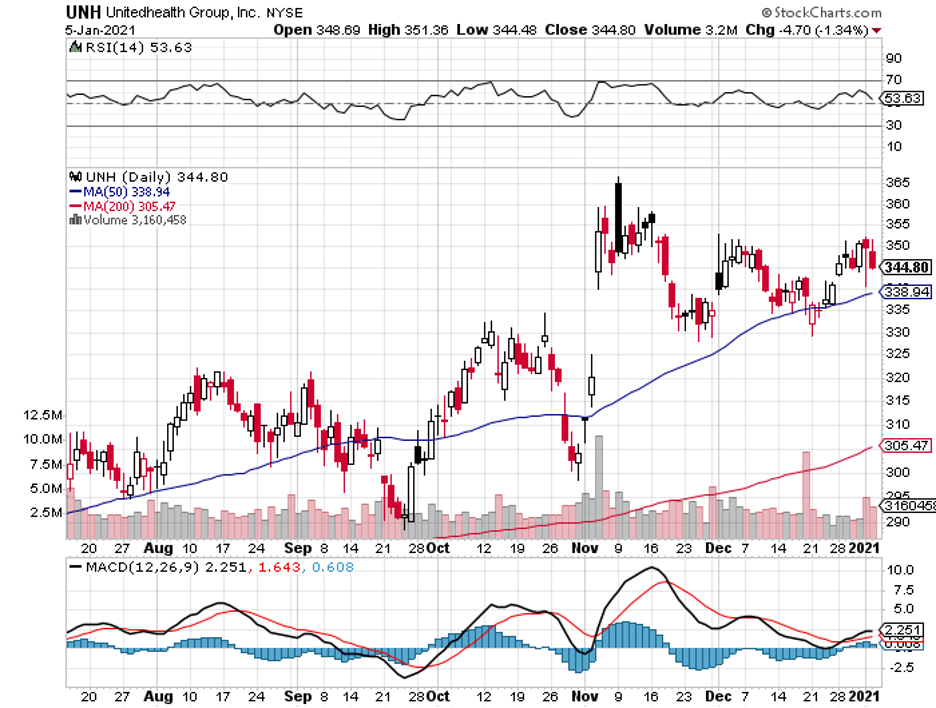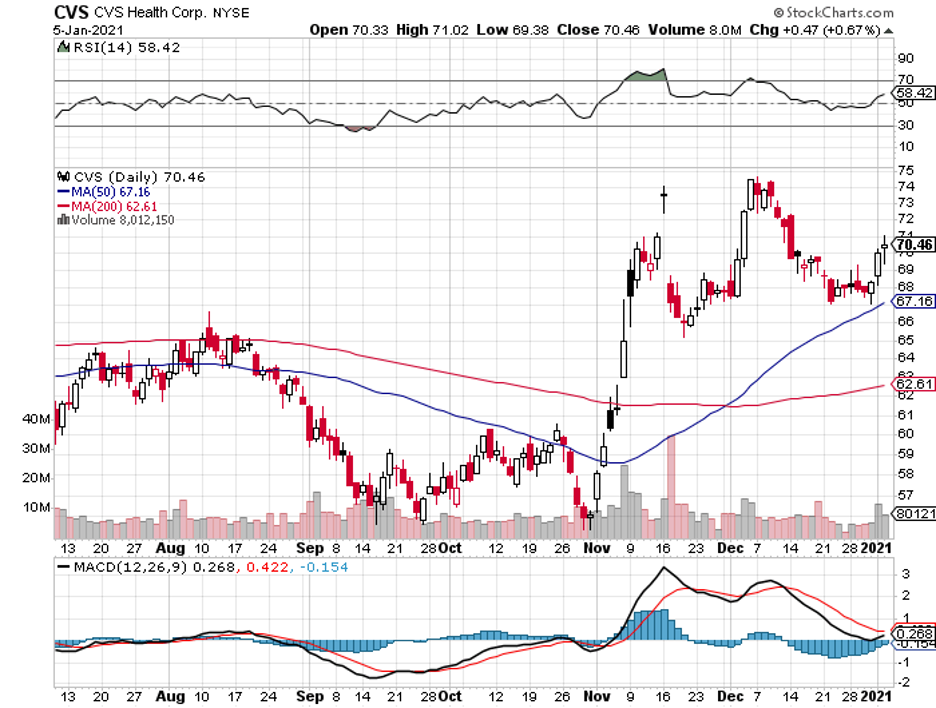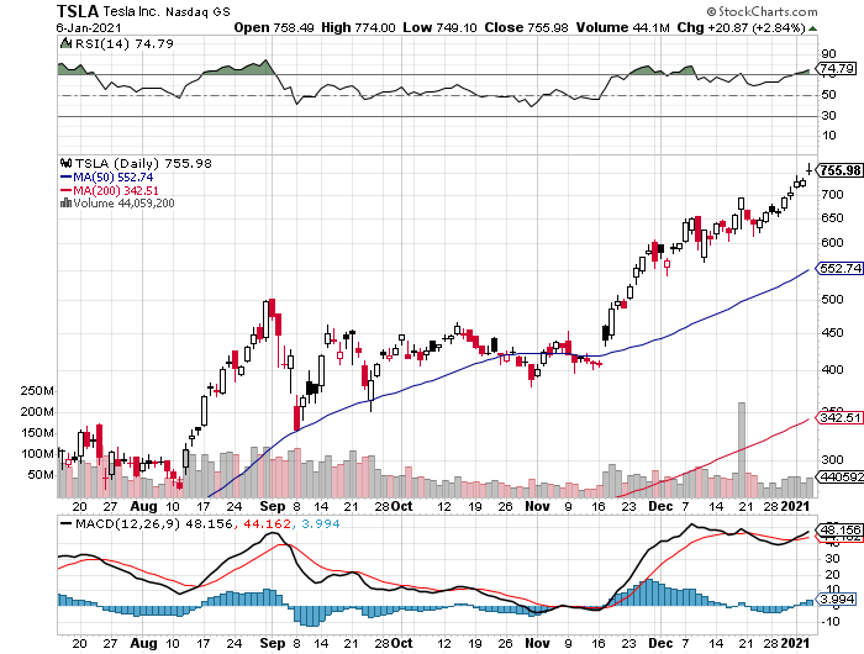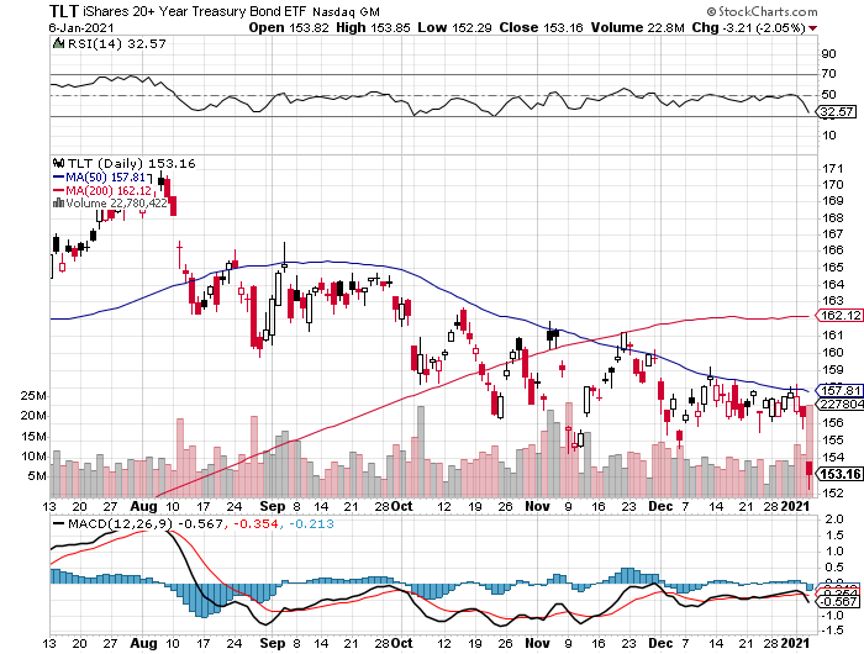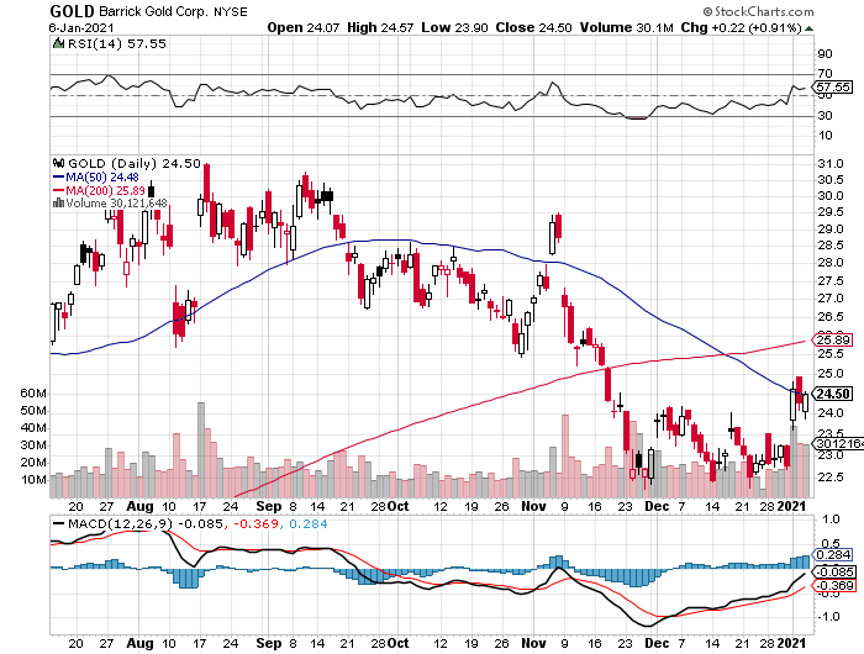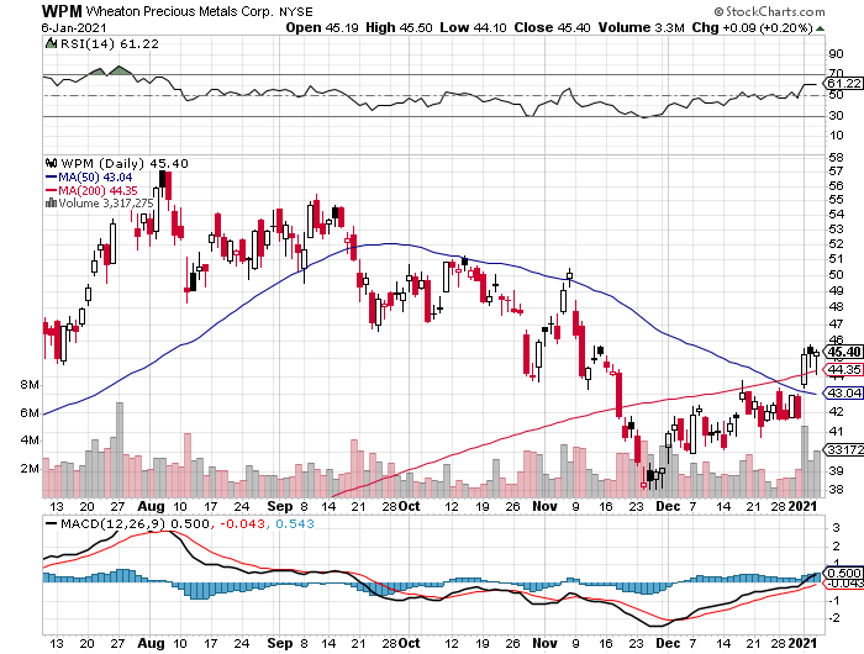Salacious TikTok ads portraying perceived underaged girls shown to middle-aged men?
Yes, you guessed Facebook’s algorithm correctly.
But it doesn’t matter.
No matter what you throw at Facebook and Big Tech, they will get away with it.
The ability to hone narratives and control our communication channels means they can reroute anything remotely resembling a con and spin it into a pro.
As Facebook has encouraged misinformation to spread, including from US President Donald Trump, they come in when you least expect it to play both sides as they announced they will ban the President from Facebook.
An unruly mob of President Donald Trump's supporters stormed the Capitol to disrupt the election certification process and Facebook has finally banned the US President’s account.
Four people died — one was shot by police, and three died during medical emergencies.
Jake Angeli, a well-known QAnon influencer dubbed the "Q Shaman," seemed to be giving out orders in the Capitol sporting a Viking-like horned fur helmet and shirtless chest.
Google CEO Sundar Pichai called it the "antithesis of democracy" in an internal memo and Facebook removed a video of Trump spreading baseless claims of election fraud. The platform then blocked Trump from posting content for 24 hours.
Ironically enough, Facebook blocked employees from commenting on posts on its internal messaging boards discussing the ban showing how little employees can do in national crises.
Facebook employees also lashed out at Facebook’s lack of speed and aggressiveness in dealing with the situation.
I spoke to several employees at Facebook and they admit in unison that Facebook is an absolutely terrible place to work and executive intimidation is something workers must put up with because it is precisely the working culture in place when they walk in the door.
Even former Facebook security chief Alex Stamos chimed in saying Trump needed to be blackballed from Facebook and Twitter.
Zuckerberg did later send out a note that said, “peaceful transition of power is critical to the functioning of democracy, and we need our political leaders to lead by example and put the nation first.”
Zuckerberg doesn’t really need to say much but stay politically correct because he does most of his speaking with the action and non-action at the helm of the ship.
If you dig deeper, his flatform is utterly disgusting, and investors shouldn’t be surprised by the handling of this event.
Facebook’s handling of TikTok’s ads is one of many examples of its advertising system gone bonkers, and the company's ongoing prioritization of revenue over the safety of its 3 billion users, the public good, and the integrity of its own platform.
Middle-aged men using Facebook are fed a voracious stream of TikTok ads displaying skimpy teenage girls and even if they contact Facebook to stop it, Facebook won’t change a thing.
Besides the subliminal advertising in areas that could lead to predatory behavior, consumers are sold goods they never receive or are lured into financial scams; legitimate advertisers’ accounts or pages are hacked and used to peddle those nonexistent goods or scams; credit card numbers are stolen.
The one constant here is that Facebook doesn’t refund any of this malicious behavior and in fact, encourages it.
Facebook agreed to an implicit pact with scammers, hackers, and disinformation peddlers who use its platforms to rip off and manipulate people around the world.
Prioritizing revenue over the enforcement of policies is beginning to be the legacy of Big Tech.
The Facebook “moderators” are a small army of low-paid, unempowered contractors to manage a daily onslaught of ad moderation and policy enforcement decisions that often have far-reaching consequences for its users.
They are much more worried about losing their $15 per hour job than challenging the powerful overlords at Facebook.
And that’s not the beginning of it; Facebook's ad workers have at times been told to ignore suspicious behavior unless it “would result in financial losses for Facebook.”
Non-enforcement helped Facebook become the preferred platform of unscrupulous affiliate marketers and drop shippers that target people with financial scams, trick them into expensive subscriptions, or use false claims and trademark infringement.
Bought products often never arrive.
Facebook’s “best” practices constitute of looking the other way, even if an account is hacked, and only caring about business if credit chargebacks are threatened.
I have also been told by former Facebook employees that they are instructed to be “more lenient with accounts originating in Russia, Ukraine, and China.”
This episode truly shows why investors should still buy big tech.
They are unstoppable to such an extreme that most people can’t comprehend. Rules don’t apply to them.
And it’s not just Facebook, there are mounting headaches for all these CEOs that won’t affect the bottom line and in fact, offer these corporations a great chance to cut costs.
On January 4th, 2021, Google workers and contractors announced they were forming a union with the Communications Workers of America.
It’s the latest move in an ongoing fight between Google workers and management, and it could trigger a giant offshoring to cheap labor countries.
If most of America’s supply chain was offshored and never came back, then why can’t tech do it as well?
Why do they need to pay $150,000 to an employee in California when they can hire the same level of talent in Moldova for 20% of the cost?
That proves my point because whatever hurdles are set in front of big tech, they know how to maneuver around and avoid any deep carnage.
If investors know there will always be fix out there, even with the egregious behavior at Facebook, they won’t hesitate to pile into Big Tech.
Washington riots simply don’t matter, and markets took wind of it.
I am bullish the Big 5 of Apple, Facebook, Microsoft, Amazon, and Google.

